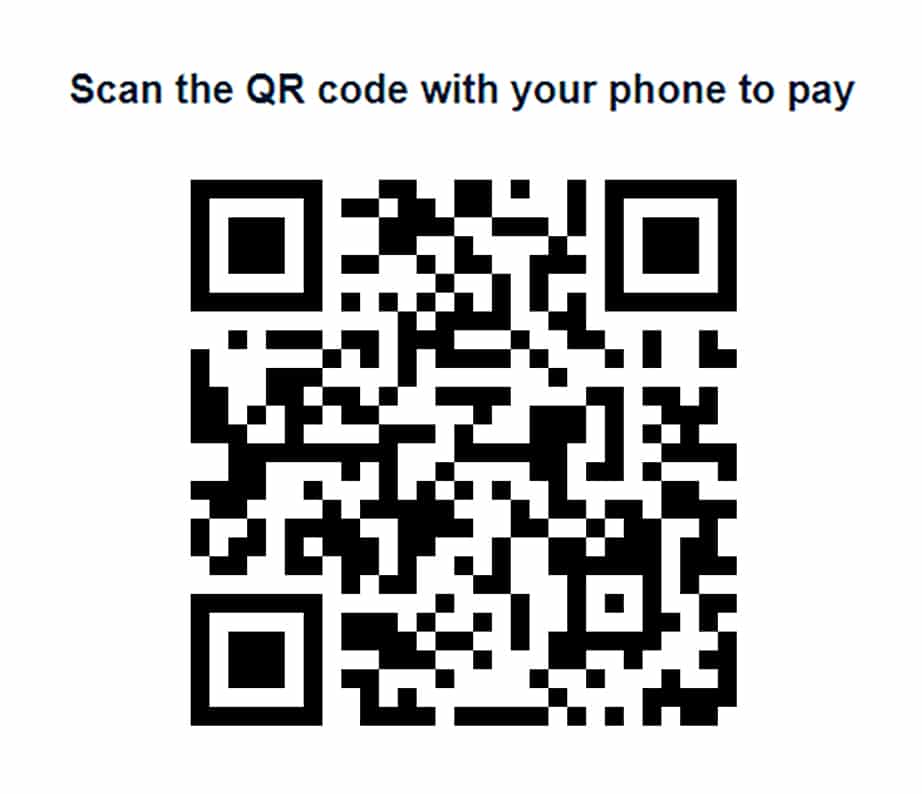We litigated a hard-fought trial in Pennsylvania involving the death of a woman. We obtained a full acquittal after almost two years of motions practice and battling with the prosecution. Even though the trial lasted four long days, the jury deliberated for less than 30 minutes before reaching a verdict. What was even more impressive was that the office that was prosecuting the case had not lost a case prosecuted under the drug delivery, resulting in a death statute over seven years since a significant change in the law.
The Right Expert Witness
I had the opportunity to interview a couple of jurors after the trial. I learned that one of the critical factors in the case was the testimony of our expert witness, a forensic pathologist. Our expert was able to explain the actual cause of death was the deadly interaction of prescription medications. Hearing this information from jurors was a strong confirmation that, in many cases, having the right expert witness and working hard with that expert to ensure that their testimony is presented in a focused and easily understood way is often critical to success.
Effective Communication
I have seen many good and bad examples of expert testimony. In a particular case, the time of death is critical for determining guilt or innocence. In that case, a statement like, “In my expert opinion, the cause of death was mixed substance toxicity consistent with the introduction of multiple substances in levels of concentration that exceed the metabolic system’s ability to process those substances” is of very little value because, at the end of the statement, the jury or court-martial panels reaction is “so what.” Contrast that with a statement from an expert like, “the deadly combination of two prescription drugs caused the heart to stop beating, and the individual would have died within several minutes of injecting the drugs, therefore the time of death assumed by the prosecution’s expert is inaccurate and not consistent with the available medical and forensic evidence.” These are two real-world examples that demonstrate the difference between an expert communicating effectively and one simply providing data without explaining it in an understandable way or linking it to a critical issue in a case.
An Experienced Legal Team and the Best Expert Witnesses
If you are facing severe charges, having access to the right experts and having a legal team that crafts a solid strategy to ensure that the expert communicates effectively with a jury or court-martial panel is critical. Over 16 years of trying cases, I have developed strong relationships with some of the best expert witnesses in the country and have worked hard to become effective at distilling high-level scientific and medical information into clear and accessible information for jurors. Far too often, experts and the attorneys working with them fail to put in the time and time necessary to ensure they have an answer to the question, “So what.”If you or someone you know is facing criminal charges, please contact Crisp and Associates, LLC, for a free consultation and to learn about our strategic approach to criminal defense.


